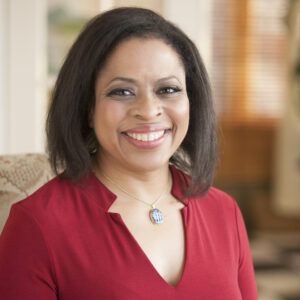 This week I got to hang out with ITW Debut Author Alexia Gordon. Here’s Alexia in her own words…
This week I got to hang out with ITW Debut Author Alexia Gordon. Here’s Alexia in her own words…A writer since childhood, I put literary endeavors on hold to finish medical school and Family Medicine residency training. Medical career established, I returned to writing fiction. I completed SMU’s Writer’s Path program in Dallas, Texas. Henery Presspublished my first novel, Murder in G Major, book one of the Gethsemane Brown mysteries, in September 2016. Book two, Death in D Minor, releases July 11, 2017.
Murder in G Major won the Lefty Award for Best Debut Novel, was nominated for an Agatha Award for Best New Novel, and was selected one of Suspense Magazine’s Best Debuts.
I listen to classical music, drink whiskey, and blog at www.missdemeanors.com, voted one of Writers’ Digest magazine’s 101 best websites for writers.
You are a medical doctor and now a novelist, how do those two careers intersect?
I keep my medical and writing careers separate. As a family physician in full-time clinical practice I was too close to medicine to write about it. I’d go off on rants about the frustrations of primary care instead of telling a story. However, now that I’ve transitioned from the clinical side of the house to the administrative side, I may try again to write about medicine. I’m out of the trenches and the distance helps me maintain perspective. Giving up clinical practice also provided me with regular hours and a more predictable schedule so I’m able to juggle two jobs. I don’t write novels while I’m at my day job (the Feds frown on doing non-government work on government time) but my day has a set end-time and I don’t work weekends or holidays so I can plan my writing. Mysteries and medicine do share a commonality for me. My love of solving puzzles and fixing problems drew me toward both.
Critical success with my first novel created a lot of anxiety about my second. I suffered a major case of Imposter Syndrome—I don’t really belong here, I don’t really deserve these accolades, I can’t really do this, etc. Self-doubt and fears about failing to live up to expectations moved in and resisted eviction. The bar seemed so high for book 2, I struggled to write it. But, with the help of my editors (Thanks, Rachel and Erin) I managed to finish book 2. Book 3 was much easier to write.
You’ve lived around the US and love to travel, but what made you choose to set your series in a small town in Ireland?
I describe myself as a Hibernophile. I love Irish music, history, whiskey, sports, accents, culture, geography. But I didn’t consciously choose to set my story in Ireland. My story chose the setting. When the idea came into my head, Ireland was a part of it. English village mysteries, like Midsomer Murders and Miss Marple, influenced the small town setting. Small towns seem innocuous on the surface, charming and warm and Normal Rockwell-ish. But the bright and shiny veneer often hides some pretty twisted stuff.
Your protagonist, Gesthemane Brown, has a very unusual sidekick, a rather debonair ghost. What draws you to ghost stories, and what do you believe happens to us after we die?
I’ve always loved ghost stories and horror stories, even as a kid. Maybe because scary things contained within the covers of a book or the edges of a screen aren’t really that scary. They’re reduced to a manageable size. They’re controllable. And they’re not real. Close the book, turn off the TV, turn up the lights, the boogeyman’s gone and it’s safe to go home. Unlike real life where you can’t control or predict the action and the boogeyman looks like the guy next door. What happens when we die? No comment, other than to say I’m a confirmed Episcopalian.
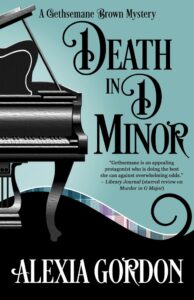 Music is important to you and your characters. Did you grow up in a musical household? Are you a musician yourself?
Music is important to you and your characters. Did you grow up in a musical household? Are you a musician yourself? No, I didn’t grow up in a musical household. I grew up with a mom who never got to take piano lessons as a kid which meant I got to take them from elementary school all the way through high school. I learned technical things, like how to read notes, but I don’t have any real musical talent. In addition to the piano, I played the saxophone and violin for a little while but, because I was a kid and music was just something to try, not a calling, I didn’t stick with it. Looking back, I wish I’d appreciated the music lessons more than I did but I can say that about a lot of things that my mother swore were “good for me” but seemed like chores more than fun. These days, I call myself a “music patron”. Someone has to buy the concert tickets, right? I’m a symphony season subscriber. I also donate to musical organizations, like the Anchorage Symphony Orchestra’s Musica Nova program. They raise money to commission or co-commission a new orchestral work every year.
What are you working on now?
I am editing Gethsemane Brown book 3, A Killing in C Sharp.
Final Words of Wisdom:
Finish the manuscript. Even if it’s crap, it’s a start. You have nothing to edit or submit if you have no manuscript.

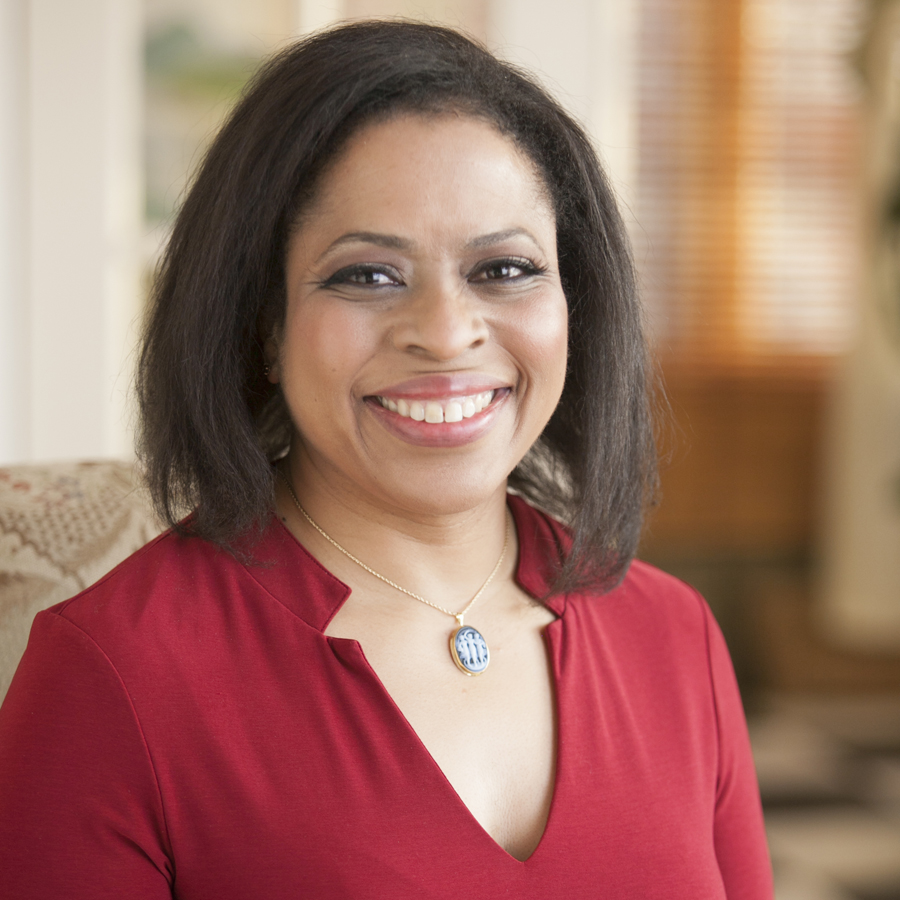
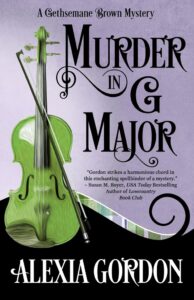
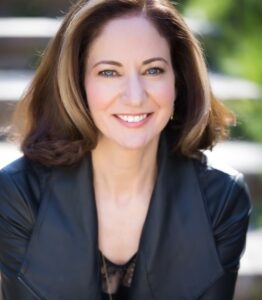
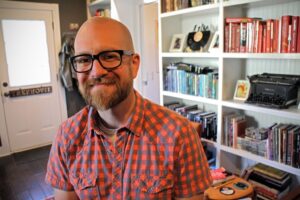
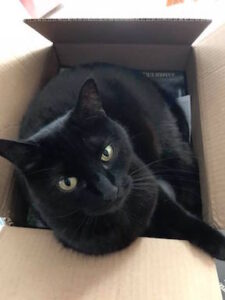
Thanks for featuring me on your blog! Looking forward to Thriller Fest!
My pleasure! See you in a few days!